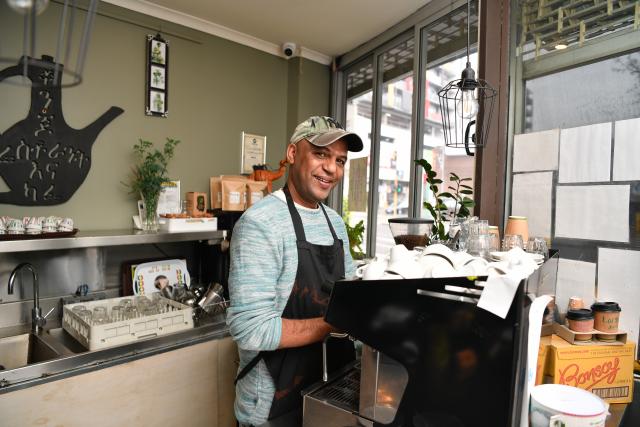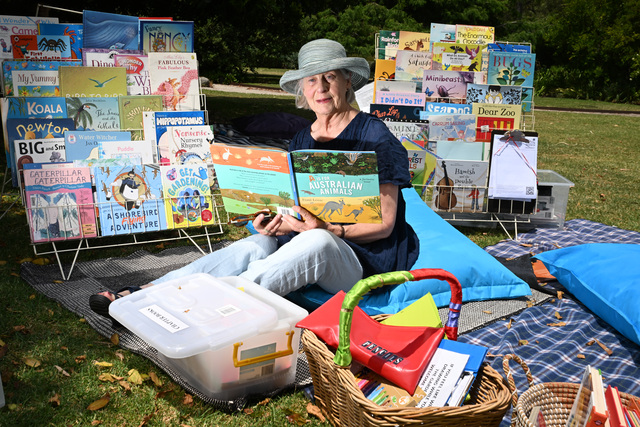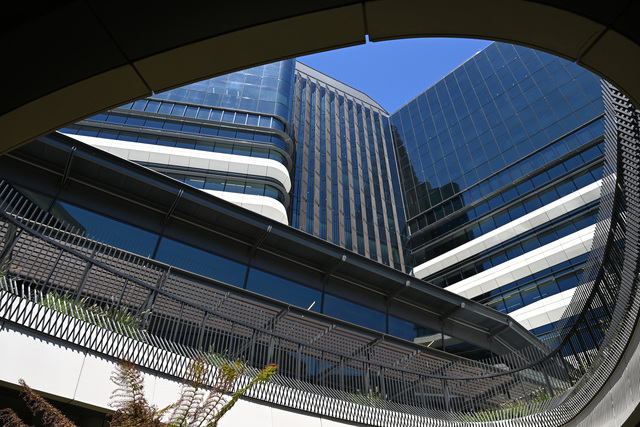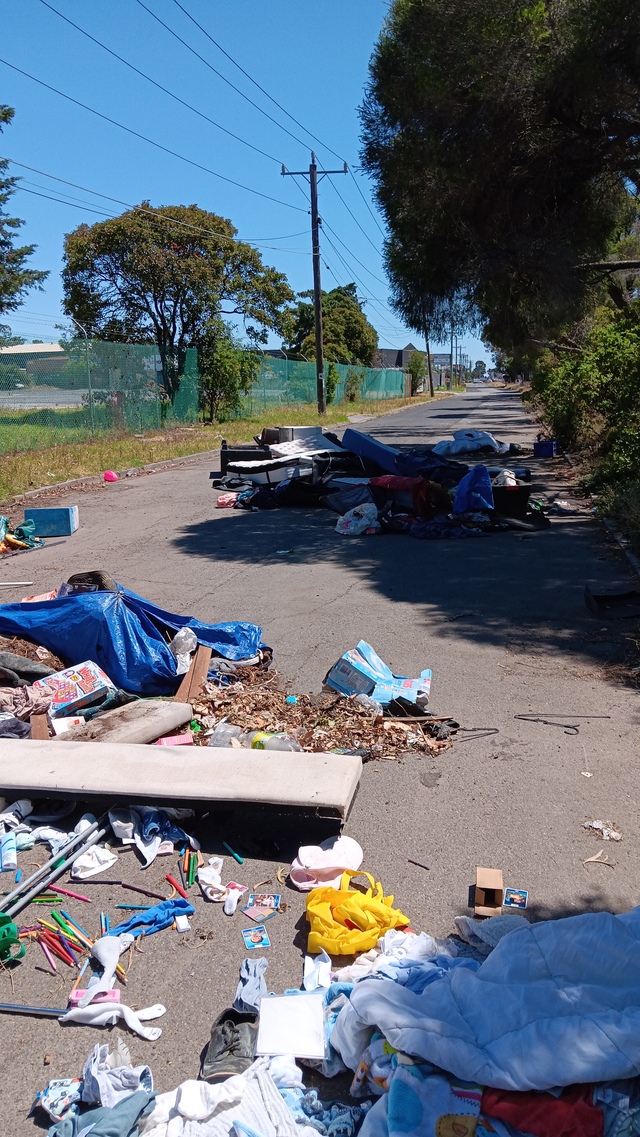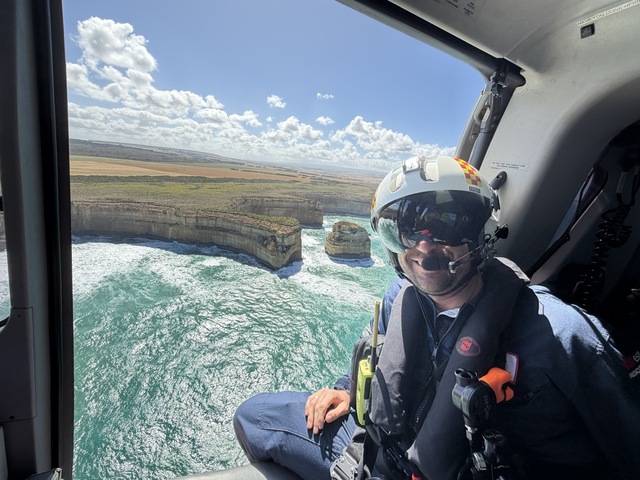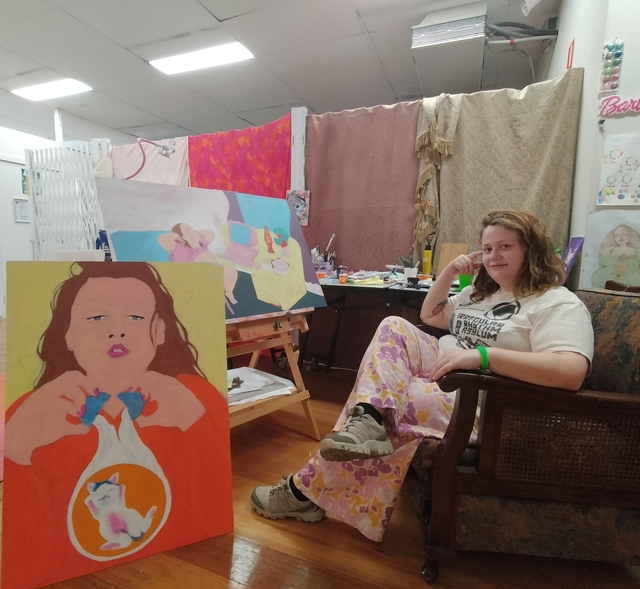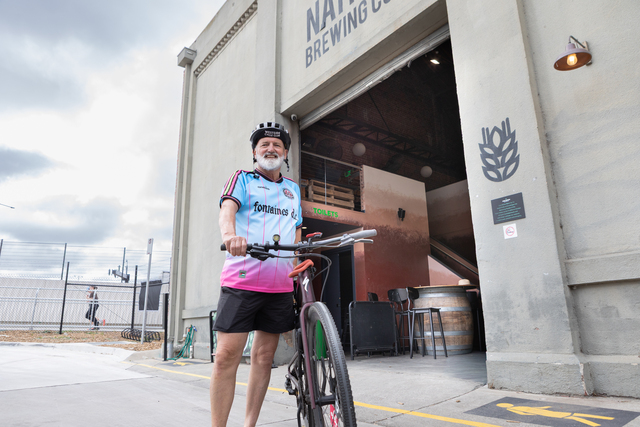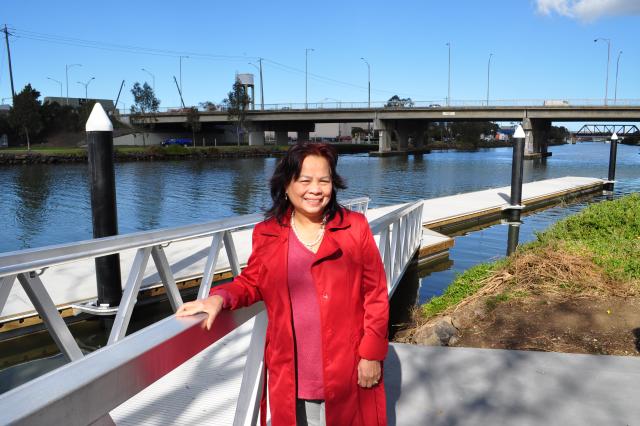A Footscray cafe owner has said they had to fight hard to survive during the COVID-19 pandemic among one-third of Ethopian cafes in the west closing due to restrictions.
A new report from Victoria University, Victoria Tourism Industry Council [VTIC] and Western Melbourne Tourism [WMT] has shown COVID-19 disruptions caused more impacts to tourism in Melbourne’s west than many other areas.
The western suburbs lost a cumulative 5.1 million visitors and $2.7 billion in spending after tourism shrunk by two thirds during 2020 and 2021.
The study found the municipalities of Wyndham, Brimbank, Hobsons Bay, Maribyrnong, Melton and Moonee Valley would have to tackle unique challenges to recover.
These obstacles would include an ‘image problem’ where the west is perceived as having low aesthetic value compared to other areas of the state, a reliance on overseas visitors whose numbers remain constrained and relatively poor regional infrastructure in accommodation and public transport due to years of underinvestment.
Husband and wife team Rozenn Blouin and Abdulazize Hussen, who run the Konjo cafe in Footscray, struggled to make ends meet as they were forced to only allow for take-away orders and had to deliver orders themselves.
She said she was hopeful that Footscray’s rich mix of cultures and cuisines would be a major drawcard for the west’s tourism to recovery.
VU’s School for the Visitor Economy director Dr Joanne Pyke said the pandemic was a wake-up call to take a new look at the issues which have slowed the potential of the area and identify new ways to build a stronger and more sustainable tourism sector for the region.
“This study highlights the need for government at all levels, businesses, and industry to work together to make Melbourne’s West more resilient,” she said.
“It would be a wasted opportunity to return to a business-as-usual approach once the sector recovers.”

